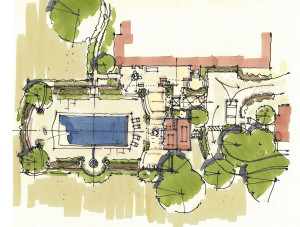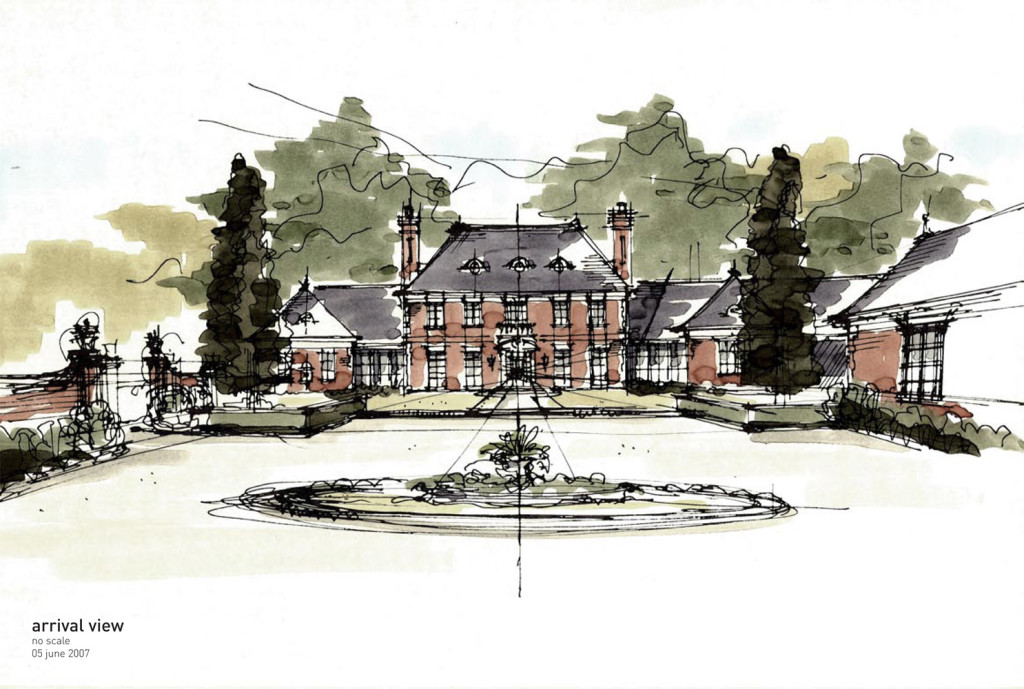
And thousands of people in a hushed awe, giving a collective gasp, as together they watch a sky that seems completely unworldly.įor a few hours on Monday, millions of Americans across the country set aside the political rancor and social tension that have dominated public discourse in past months and weeks to witness the Great American Eclipse – together. Stars and planets emerging in a twilight sky at 10:19 in the morning.

A luminescent ring that shimmers in strange ways. As one eclipse chaser and historian puts it: A total solar eclipse is “a deeply human experience that makes you feel connected to other people alive today, part of a continuum of humanity – connected to the past and to the future.” Click expand to hear from two Monitor reporters on-scene in the path of totality.Īfter all the hype and all the media attention and the lyrical first-hand accounts about the power of a total eclipse, there is just this: a dark circle in the sky where the sun should be. Through the ages, solar eclipses have offered humanity a chance to set aside all of those divisions, however briefly, and to reflect on our shared existence on this pale blue dot that is Earth. But for at least a brief period on Monday, millions of Americans – spanning diverse ages, backgrounds, religions, and political beliefs – were united in a shared sense of awe. In an increasingly divided society, part of a fragmented and bulging information age, there are few such collective experiences. Several hundred million more paused to watch a partial eclipse. Something else to watch for in the coming football season: Which NFL owner will make a values statement by hiring Kaepernick?įor roughly two minutes today, give or take 40 seconds, millions of Americans across 14 states looked up to the sky in wonder, sharing one of the rarest and most celebrated of cosmic events: a total eclipse of the sun. Business execs are increasingly exercising moral authority on social issues, seeing qualities, such as tolerance, diversity, and equality, as important to their employees and customers. The nation has arguably edged closer to Kaepernick’s position.


“It’s a good time for people that look like me to be here for people that are fighting for equality,” said Philadelphia Eagles defensive end Chris Long Thursday night, as he rested his hand on the back of black teammate Malcolm Jenkins, who had his fist thrust in the air.Īfter Charlottesville, the chief executive officers of major corporations also sounded, well, much like the former San Francisco 49ers quarterback. What’s different? Some of those players are white. Other NFL players are now protesting during the national anthem. He’s been blackballed by NFL owners for his politics, some say.īut in the wake of the violence in Charlottesville, Va., the NFL sidelines are a telling barometer of shifting public sentiment. A year ago, NFL quarterback Colin Kaepernick was vilified for a black civil rights protest on the sidelines of a preseason game.


 0 kommentar(er)
0 kommentar(er)
